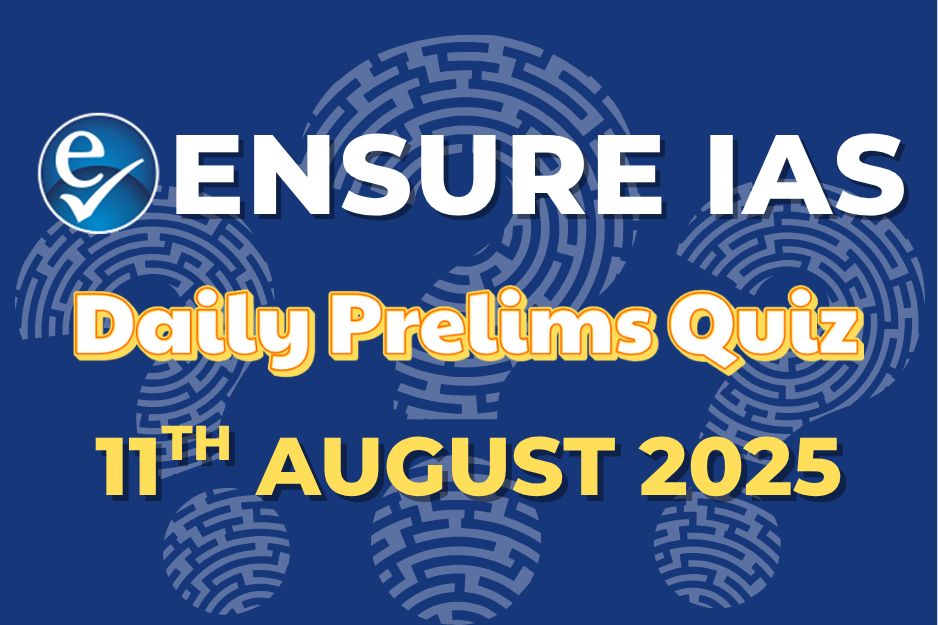Q2. Consider the following statements regarding the President’s Executive Powers:
Statement-1: The President can frame rules for the efficient conduct of government business, including allocating work among Ministers. This power, though formally the President’s, is exercised on the advice of the Prime Minister and Cabinet.
Statement-2: The President appoints Union Government officers, excluding those whose appointments are specifically regulated by the Constitution or other laws. These appointments are made on the advice of the Council of Ministers.
Which one of the following is correct in respect of the above statements?
Answer: B [Both Statement-I and Statement-II are correct and Statement-II is not the correct explanation for Statement-I]
Explanation: Statement 1 is correct: Article 77(3) empowers the President to make rules for the more convenient transaction of the business of the Government of India, and for the allocation among Ministers of the said business. Although this power is vested in the President, it is exercised on the advice of the Prime Minister and the Cabinet.
Statement 2 is correct: The President appoints various officers of the Union Government, except those whose appointments are specifically provided for by the Constitution or by law. This power is also exercised on the advice of the Council of Ministers.
Both statements relate to the executive powers of the President but address distinct functions – framing rules for government business and appointing officers. While both are exercised on the advice of the Council of Ministers, one does not explain or cause the other. They are independent powers derived from different constitutional provisions.


